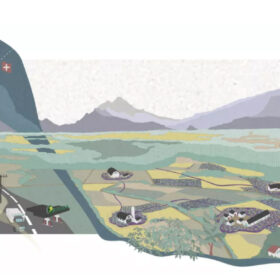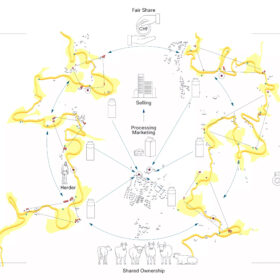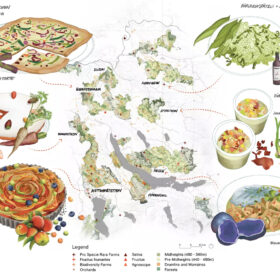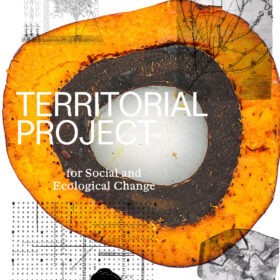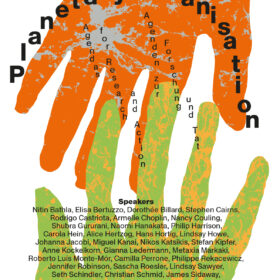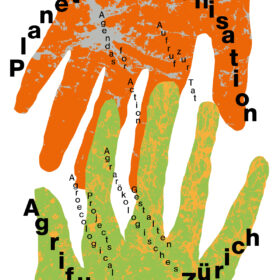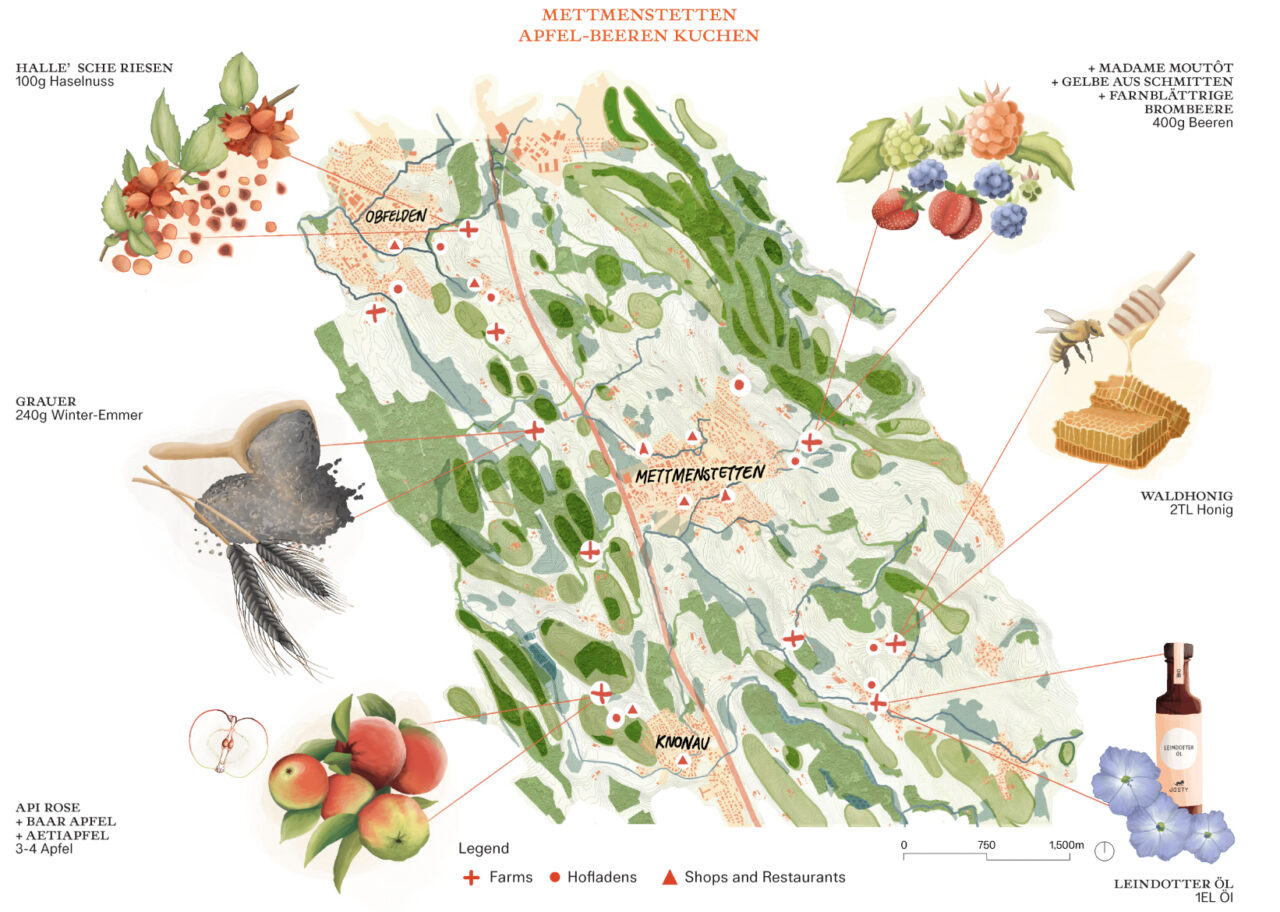
On the highlands, across crop rotation plains and within the drained valley floors the «Agriterritories» of Zurich require immediate action for design to take back its political role within the rural. The ETH Zürich studio Agroecological Repair – Transformative Practices for the Zürich Territory (spring 23) was part of the Masters in Advanced studies in Urban and Territorial Design Confronting pivotal debates. The student work made radical proposals for future transformations in the global food system.
The critical role of agriculture within the territorial project has hardly been examined within the urban debate. However, as once rural landscapes are engulfed and surrounded by extended urban systems, and as higher biodiversity rates are recorded in cities than in the countryside, the metabolic links across these ecosystems and the need for a paradigm shift in design thinking within both local and regional contexts, become not only clear but also urgent. Three projects in particular focused on the entangled landscapes of food production and species diversity, aiming to and create webs of resilience.
FAIR – Reversing Monocultural Systems in Zurich Unterland
Using regenerative agricultural practices such as mixed cropping and intercropping as a catalyst, FAIR (Farm Independent Revolution) sets out a path to reduce the dependence of the farmers on the FENACO system, an agricultural monopoly controlling and dominating the field through fuel, seeds, delivery, and more. The new practices reduce chemical inputs, increase labour requirements but also enable independent farmers to work cooperatively within a community. In the form of a FAIR handbook, the group set out the pillars by which this new socio-spatial change will take place through a gradual transformation from the ground up.
By Sofia Urzainqui de Miguel, Aikaterini Katsouli, Mateus Rosa da Silveira, and Nick Ulrich
Milky Way – An Ecological Transition of the Dairy Industry
Neo-transhumance shapes the future imaginary for the Zurcher Oberland. «The Milky Way» breaks the picturesque image of the Swiss Alpine cows by uncovering the dairy industry’s intensive production in the lowlands of the Swiss plateau. The project proposes to reduce the herd size while facilitating the regenerative practice of rotational grazing, supported by a new ownership of cooperative use tied to the seasons of the dairy industry. The movement of the collective herd is flexible, responding to soil, microclimates, and weather conditions. Both new roles for part-time farmers, and the traditional roles of the herder emerge. The project demonstrates the potential for ecological coexistence between all forms of life and land.
By Elvira Kinzner, Ji Min An, and Thomas Gruber
Tasting grounds – Agrobiodiversity Within Local Food Systems
What does the future plate of food look like if species diversity is forefronted? Landscape patterns and species diversity form the base from which «Tasting grounds» have tested the potentials of a living seed bank in Mettmenstetten commune and the Canton of Zurich. Identifying the self-defined mosaic midheights, an «Agriterritory» of the canton, the group proposed an interruption to the global supply chain through a local system aimed at creating socio-cultural networks incorporating species diversity protected by its unique landscape of drumlin formations.
By Xiang Lin, Nabila Larasati Pranoto, Maria Jose Castañeda Valbuena, and Emma Kaufmann LaDuc
The projects offer a radical rethinking of the Zurich metropolis where wetlands embrace droughts and flooding, species diversity forms living seed banks, herds are collectively owned through new forms of ownership and mixed culture practices reshape agribusiness relationships. Through designing social and spatial ambitions, the extended metropolitan area of Zürich encompasses a significant territorial paradigm in Switzerland and elsewhere. All other, beautifully documented student projects can be viewed here.
The work of the MAS Urban and Territorial graduates will be on show in the ZAZ in Zurich as part of the Agrifutures and Planetary Urbanisation exhibition and will be on display from the 5th of October until the 17th of December. Please find further information on the ZAZ website and below this article.
Alice Clarke is a research and teaching assistant as part of the chair of architecture and territory. She studied and worked in Dublin and Zurich completing the MAS in Urban and Territory Design at EPFL and ETH. She co-founded the research and spatial design collective BothAnd Group working through fieldwork and exhibtions.
